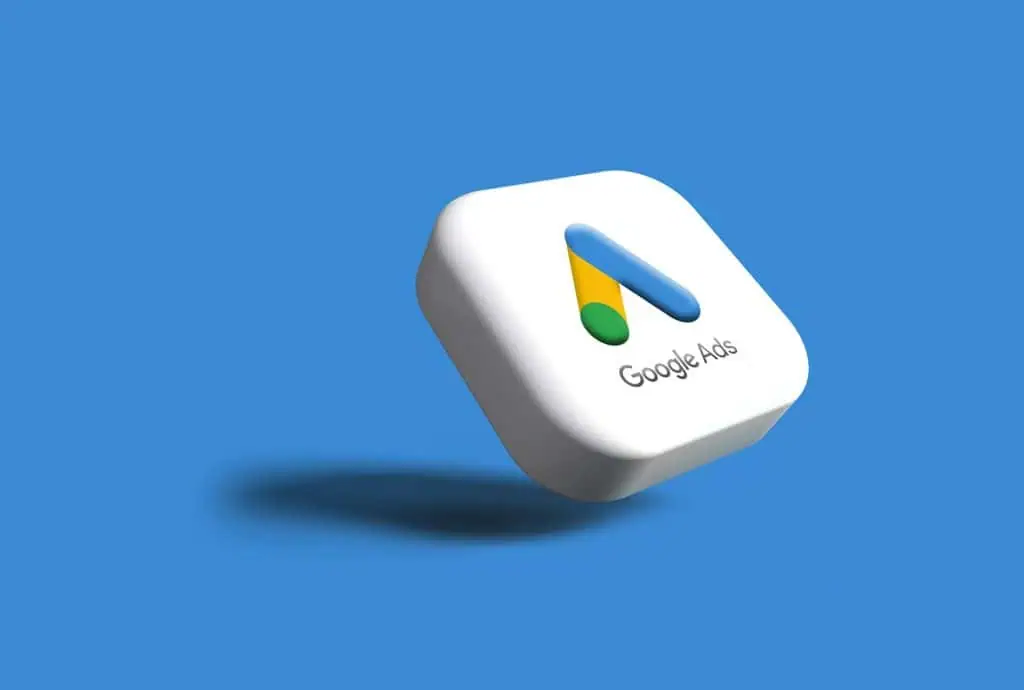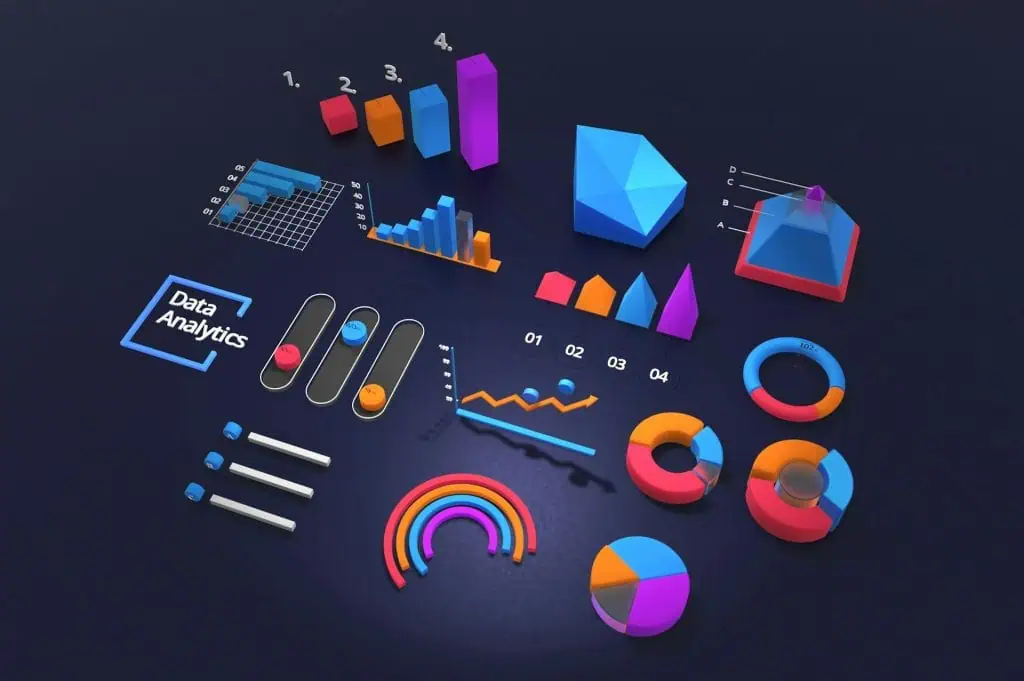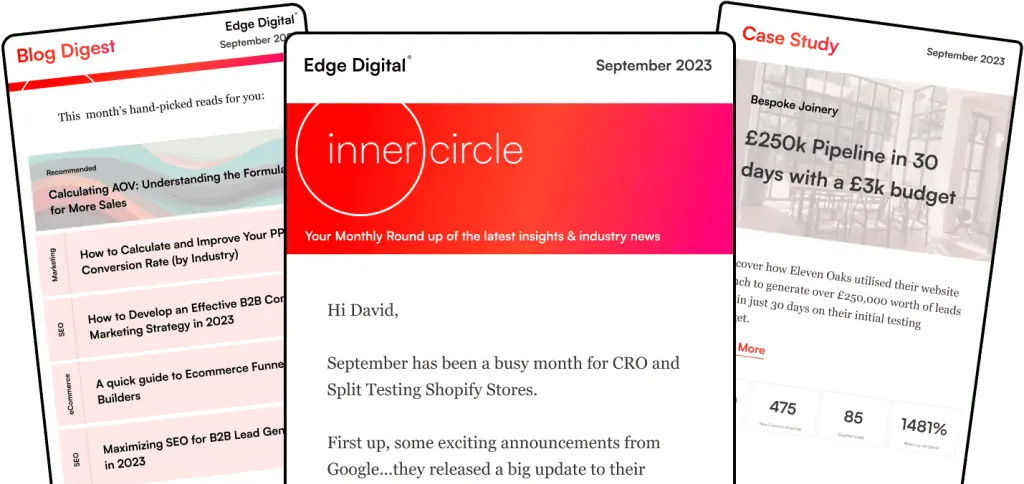Have you ever wondered how to make your business shine in the vast digital landscape? With countless websites competing for attention, it’s crucial to master the art of standing out. Organic search and paid search are the two titans of the digital marketing world, each with its unique strengths and weaknesses. By the end of this comprehensive guide, you’ll know the ins and outs of organic search vs paid search, empowering you to make informed decisions for your business’s online presence by leveraging the unique benefits of paid and organic search.
Key Takeaways
Organic and paid search strategies are essential for businesses to optimize online visibility and achieve growth objectives.
Both approaches have distinct advantages, such as steady traffic with organic or immediate leads/orders with paid, but also drawbacks like slow rate of return or ad fatigue respectively.
A successful digital marketing strategy should combine both tactics while leveraging data analytics to measure success and maximize ROI.
A comprehensive SEO strategy that combines both organic and paid search is crucial for achieving optimal results.

Combined organic and paid search are best for optimization
Defining the Business Case
In a world where search engines like Google hold the key to visibility, understanding the difference between organic search vs paid search is critical for businesses. Organic search results are generated by search engine algorithms, while paid search results appear at the top of the page, marked by a small outlined “ad” label near the URL. The primary distinction between the two lies in the costs; organic search yields results without any expenditure, whereas paid search involves direct payment for prominent search engine result page (SERP) positions. To make the most of your online presence, it’s essential to know when to utilize organic or paid search strategies.
While both organic and paid search offer valuable data insights to refine marketing strategies, there’s no one-size-fits-all answer as to which approach is better. Instead, businesses should leverage both organic and paid search as part of their overall marketing strategy, combining the long-term benefits of organic search traffic with the immediate impact of paid ads. This synergy can help businesses appear in less competitive SERPs, attract higher-quality users, and ultimately achieve growth objectives.
Understanding Organic Search: The Basics
A thorough understanding of search engine optimization (SEO) is fundamental before we delve deeper into the intricacies of organic search. SEO is the practice of optimizing a website to improve its visibility in search engine results pages, attracting visitors actively seeking the content and products/services provided.
Appreciating the significance of SEO and its integral elements allows for effective utilization of organic results, thereby augmenting traffic to your website.
Importance of SEO
SEO plays a vital role in maximizing visibility in organic search results. Businesses that invest in SEO reap the benefits of:
Trust and credibility
Improved ranking
Increased inbound marketing opportunities
Evergreen content
Top of funnel clicks
Additionally, content marketing in organic search adopts an informative and instructional approach, resonating with users and driving results in the form of purchases, store visits, quote requests, and more.
While SEO is a long-term investment, it offers impressive returns in the form of organic search benefits, including establishing relationships with your audience and fostering loyalty. The cumulative effects of organic search efforts result in increasing returns as you continue to create high-quality content and secure links from external websites.
Key Components of SEO
To effectively employ organic search, businesses need to pay attention to the critical components of SEO such as keyword research, on-page optimization, and link building.
Effective keyword research techniques include:
Brainstorming
Competitor research
Crowdsourcing
Utilizing keyword research tools
Assessing intent
Targeting specific funnel stages
This research lays the groundwork for on-page optimization, the process of optimizing individual web pages to increase their visibility and generate more relevant traffic from search engines.
Link building, another crucial component of SEO, involves obtaining hyperlinks from external websites to your own, bolstering the authority of your website and enhancing its position in search engine results pages. By focusing on these key components, businesses can optimize their organic search efforts and achieve the best possible results.
Unraveling Paid Search: The Fundamentals
While organic search focuses on long-term growth, paid search is all about immediacy and precision targeting. Paid search marketing, also known as paid search advertising, is a form of advertising in which advertisers pay to have their website appear as a top-ranking result on a search engine results page. Comprehending the principles of pay-per-click (PPC) advertising and the available campaign management platforms enables the utilization of a paid search campaign for immediate traffic generation and audience targeting.
Pay-Per-Click Advertising
Pay-per-click (PPC) advertising is a technique for generating immediate traffic and focusing on specific audiences. Advertisers pay the search engine each time a user clicks on their ad, with costs determined by the platform, strategy, and ppc agency used. The average cost per click (CPC) in PPC advertising varies depending on the platform and industry, with estimates ranging between $1.6 to $4 per click.
The flexibility and control offered by PPC advertising make it an appealing option for businesses of all sizes. With the ability to adjust expenditure on ads, companies can ensure they are only paying for the clicks that matter. Furthermore, a well-managed PPC campaign can yield impressive returns on investment, making it a valuable addition to any digital marketing strategy.
Google Ads and Other Platforms
Google Ads is the undisputed leader in the world of paid search, processing over 100 billion searches per month compared to Bing’s 6 billion searches per month. As the first platform to enter the market, understanding how to create search ads on Google provides a solid foundation for grasping other platforms like Bing Ads, Facebook ads, and more.
The rapid turnaround time for getting paid ads approved and live on advertising platforms is another advantage of paid search. Typically, approval is granted within 24-72 hours, allowing businesses to start generating traffic and revenue almost immediately.
Integration of Google Ads with other paid search platforms can lead businesses to remarkable results in a competitive digital setting.

There are many platforms, one of the most popular is Google ads.
Comparing Organic and Paid Search: Pros and Cons
Now that we’ve explored the basics of organic and paid search, it’s time to weigh the pros and cons of each approach. This comparison will help businesses make informed decisions about their search marketing strategies, ensuring they are using the right mix of organic and paid tactics to achieve their goals.
Benefits of Organic Search
Organic search offers several key benefits, including steady traffic, enhanced website authority, and increased website value. It requires an investment of time and effort but yields long-term results that can significantly impact a business’s online presence. As a business continues to create high-quality content and secure links from external websites, the cumulative effects of organic search efforts result in increasing returns.
Additionally, organic search is a cost-effective strategy, as there are no initial costs associated with it. This makes it an attractive option for businesses looking to grow their online presence without breaking the bank. By focusing on SEO and content marketing, businesses can reap the rewards of organic search marketing and establish a strong foundation for their digital presence.
Drawbacks of Organic Search
Despite its numerous advantages, organic search comes with its fair share of challenges. One of the most significant drawbacks is the slow rate of return; it can take months, or even years, for organic search efforts to generate tangible results. This can be frustrating for businesses eager to see immediate gains and may require a protracted commitment to SEO and content marketing.
Additionally, organic search success is heavily reliant on search engine algorithms, which are constantly evolving. This means that businesses must stay up-to-date with the latest SEO trends and best practices to maintain their organic search rankings and visibility in search engine results pages. However, the long-term benefits of organic search often outweigh these challenges, making it a worthwhile investment for most businesses.
Advantages of Paid Search
Paid search advertising offers a host of advantages, most notably its ability to provide immediate leads, orders, and revenue through paid search ads. With paid search channels, businesses can achieve impressive returns on investment, making it a valuable addition to any digital marketing strategy. For example, according to Google, brands can expect to gain $2 for every $1 spent on Google Ads, equating to a 200% ROI.
Another significant advantage of paid search advertising is the ability to target users that are ready to purchase. By utilizing data and analytics to refine audience targeting and optimize ad performance, businesses can ensure they are only paying for clicks that matter and drive conversions. This precision targeting can help businesses maximize their paid search efforts and achieve impressive results.
Disadvantages of Paid Search
One of the key drawbacks of paid search is the ongoing cost associated with it. While paid search can yield impressive results, it requires a continuous investment to maintain visibility and drive traffic to a website. This can be a significant hurdle for businesses with limited budgets or those in highly competitive industries where costs can quickly escalate.
Another potential downside of paid search is ad fatigue among target audiences. Ad fatigue occurs when users become disengaged or annoyed by seeing the same ads repeatedly. To prevent ad fatigue and maintain the effectiveness of paid search campaigns, it is essential to refresh ad content and monitor the performance of ads to ensure they remain engaging and relevant for the target audience.
Crafting an Effective SEO Strategy: Combining Organic and Paid Search
In light of the pros and cons of paid and organic search, it’s clear that a well-rounded digital marketing strategy should leverage both approaches. By combining organic search for long-term growth with paid search for immediate results, businesses can maximize their online presence and achieve their goals.
We will delve into aligning these tactics with marketing objectives and employing data and analytics for the optimization of search marketing endeavors.
Aligning Goals and Objectives
For establishing an efficacious digital marketing strategy, aligning marketing objectives with a suitable blend of organic and paid search tactics is indispensable. For example, if your primary goal is to generate leads, paid search tactics like PPC advertising may be more effective than organic search alone. On the other hand, if you’re looking to build long-term brand awareness and credibility, organic search should be a key focus.
By considering the specific objectives of your marketing campaign and the unique benefits of organic and paid search, you can create a balanced strategy that leverages the best of both worlds. This ensures that your business is well-positioned to succeed in the competitive digital landscape, with a strong foundation in both organic and paid search marketing.
Leveraging Data and Analytics
Data and analytics are instrumental in enhancing both organic and paid search initiatives. For organic search, data and analytics can provide valuable insights into:
SEO effectiveness
Identifying opportunities for improvement
Measuring and tracking progress
Informing content strategy
By monitoring organic search metrics such as traffic, keyword rankings, and conversion rates, businesses can gain a deeper understanding of their SEO performance and make data-driven decisions to improve their organic search marketing efforts.
Similarly, data and analytics can provide invaluable insights for paid search campaigns, such as click-through rates, conversion rates, and cost per acquisition. By analyzing these metrics, businesses can identify underperforming keywords, ad copies, or targeting settings and refine their paid search strategy accordingly. Additionally, data and analytics can help businesses discover high-performing keywords, create more effective ad copy through A/B testing, and track the overall effectiveness of paid search campaigns in driving conversions and revenue. By leveraging data and analytics, businesses can optimize their search marketing efforts and achieve maximum results.

analysing metrics will maximise results
Measuring the Success of Your Search Marketing Efforts
Thorough monitoring of key metrics, which measure the success of search marketing efforts, is crucial for effectively utilizing both organic and paid search. By carefully monitoring these metrics, businesses can make data-driven decisions to optimize their organic and paid search strategies, ensuring maximum results and return on investment.
This paragraph underscores the significance of monitoring key metrics for the optimization of search marketing initiatives, thereby ensuring optimum results and return on investment.
Organic Search Metrics
For assessing the success of organic search initiatives, key metrics such as:
Organic traffic: gaining insight into the number of website visitors that come from unpaid search engine results
Keyword rankings: assessing visibility and discoverability on search engine results pages
Conversion rates: offering valuable information on the effectiveness of organic search efforts in driving sales and revenue
are essential. By tracking these metrics, businesses can effectively measure the impact of their organic search initiatives.
Tools such as:
Moz Pro
Google Analytics
Semrush’s Organic Traffic Insights
can be used for tracking organic search metrics. Businesses can refine their organic search strategy and attain optimal results through careful monitoring and analysis of these metrics.
Paid Search Metrics
For paid search campaigns, significant metrics comprise:
Click-through rate: measures the performance of your ads by dividing the number of clicks on the ad by the number of impressions
Conversion rates: provide insight into the effectiveness of your paid search efforts in driving sales and revenue
Cost-per-conversion: measures the cost incurred for each conversion
Return on ad spend: calculates the revenue generated from your ads compared to the cost of running the campaign
These metrics are essential for evaluating the success of your paid search campaigns and optimizing your advertising strategy.
Tools such as:
Google Ads
Google Analytics
SEMrush
SpyFu
Optmyzr
can be used for tracking paid search metrics. Businesses can make informed decisions to refine their paid search campaigns, thus guaranteeing maximum results and return on investment by tracking and examining these metrics.
Summary
In conclusion, both organic and paid search play crucial roles in the digital marketing landscape. Organic search offers long-term benefits, building trust and credibility, while paid search provides immediate results and the ability to target specific audiences. By understanding the nuances of each approach and leveraging their unique advantages, businesses can create a balanced digital marketing strategy that drives growth and success.
As you continue to refine your search marketing efforts, remember to align your goals and objectives with the appropriate mix of organic and paid search tactics, and leverage data and analytics to optimize your campaigns. By doing so, you’ll be well on your way to achieving maximum results and return on investment in the competitive world of digital marketing.
Frequently Asked Questions
What is the difference between paid search and organic search?
The main difference between paid search and organic search lies in their pricing models – organic search is unpaid, whereas paid search allows companies to pay for prominent spot in search results.
However it’s important to understand the “hidden costs”. You will pay a good agency over a period of time for a well run SEO Campaign, but don’t directly pay for the traffic itself. PPC, you typically pay for the traffic, and additional management fees for a PPC professional to look after your campaigns.
Organic is a slow-burn. PPC is instant.
What is an example of an organic search?
An example of an organic search is when a user types a query into a search engine and is shown unpaid results on the resulting page.
Which is better organic or paid?
Organic advertising can build relationships and increase brand awareness, while paid advertising can generate leads and drive immediate sales, making paid marketing the better option for businesses with limited resources and a specific goal in mind.
What is seo and ppc?
SEO is the process of optimizing a website for increased visibility on search engines such as Google and Bing, while PPC refers to paid ads that appear in premium positions on a page of search results.
How long does it take for organic search efforts to yield results?
Organic search efforts can take a significant amount of time to yield results, often taking months or years. This is because successful organic strategies require time and effort to build authority and relevance through SEO and content marketing.



